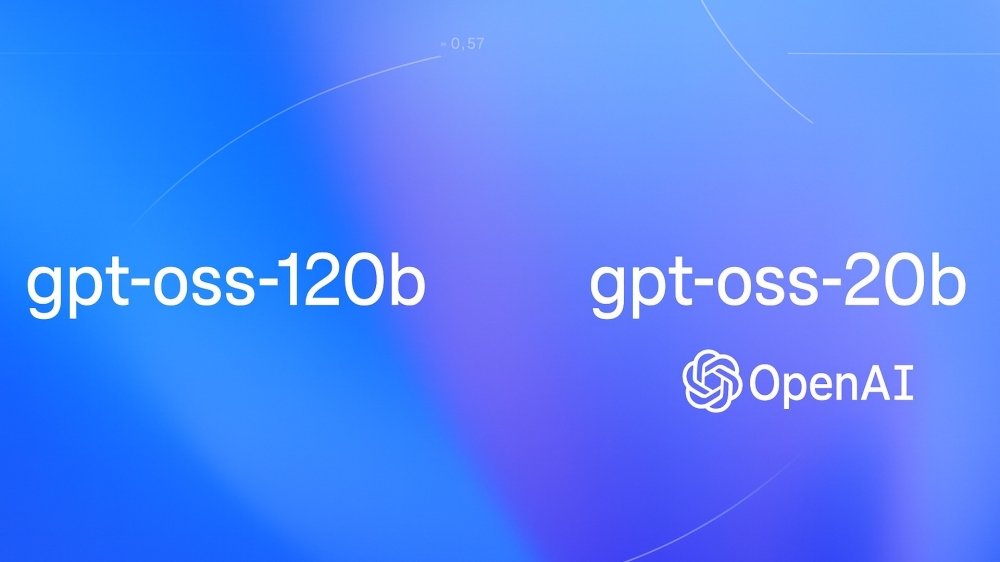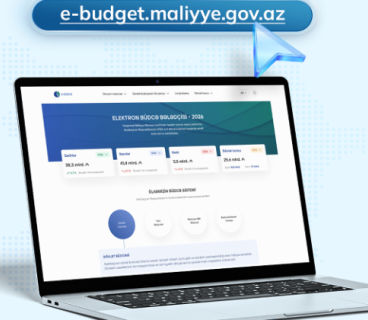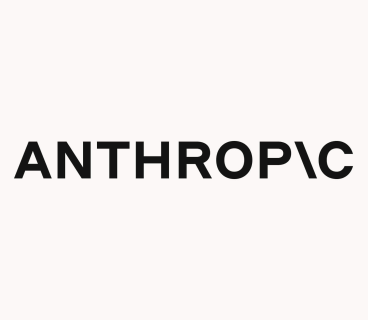OpenAI announced the release of two new artificial intelligence models that are both open-source and completely free to use. Users can download these models directly from the Hugging Face platform.
This move marks a shift from OpenAI’s recent focus on closed and commercial strategies. For years, the company has generated revenue by offering its models exclusively through paid APIs. Now, by releasing open models, OpenAI aims to support developers and make AI technology accessible to a wider audience.
Two New Models Introduced
gpt-oss-120b – A larger and more powerful model that requires a single NVIDIA GPU to run.
gpt-oss-20b – A lighter version that can even run on a standard laptop with just 16 GB of RAM.
These are OpenAI’s first open models since GPT-2 was released back in 2019.
Performance Metrics
These models are not only accessible but also technically capable, having performed well in several benchmark tests:
Codeforces (competitive programming test):
gpt-oss-120b: 2622 points
gpt-oss-20b: 2516 points
These scores outperform DeepSeek’s R1 model but fall short of OpenAI’s closed o3 and o4-mini models.
Humanity’s Last Exam (a test of interdisciplinary knowledge):
gpt-oss-120b: 19%
gpt-oss-20b: 17.3%
These results are better than most open models but still lag behind OpenAI’s o3 model.
Hallucination rate (i.e., likelihood of generating false or made-up information):
gpt-oss-120b: 49%
gpt-oss-20b: 53%
For comparison, OpenAI’s o1 model has a hallucination rate of just 16%, indicating the new open models are more prone to inaccuracies.
Technology and Training
These models are built using Mixture-of-Experts (MoE) technology. This means that only the necessary parts of the model are activated to answer each query, improving both efficiency and performance.
They were also trained using enhanced Reinforcement Learning (RL) methods, allowing the AI to learn from both correct and incorrect outputs.
Note: These are text-only models. They cannot process images or audio but do support functionalities like web browsing and Python code execution.
License and Limitations
The models are released under the Apache 2.0 license, one of the most permissive licenses for both personal and commercial use. However, OpenAI will not disclose the data used to train these models, citing ongoing legal issues related to copyright.
The company has also considered potential misuse. Research shows that while the models could pose minor risks, they do not currently represent any major threat.
Why This Matters
This move may strengthen OpenAI’s position both technically and politically. Chinese companies such as DeepSeek, Qwen, and Moonshot AI are rapidly advancing in the open model space. Meta, which once led with its LLaMA models, now appears to be falling behind.
The U.S. government is also actively encouraging the spread of AI systems that align with democratic values.
OpenAI CEO Sam Altman stated:
"We remain committed to our original mission from 2015 — to build AI that benefits humanity. With these new open models, the world can now benefit from open AI systems grounded in democratic values and built in the United States."
OpenAI’s release of the gpt-oss-120b and gpt-oss-20b models represents a significant step toward democratizing artificial intelligence. Despite some technical limitations, these models pave the way for broader adoption and engagement in AI development across the globe.







